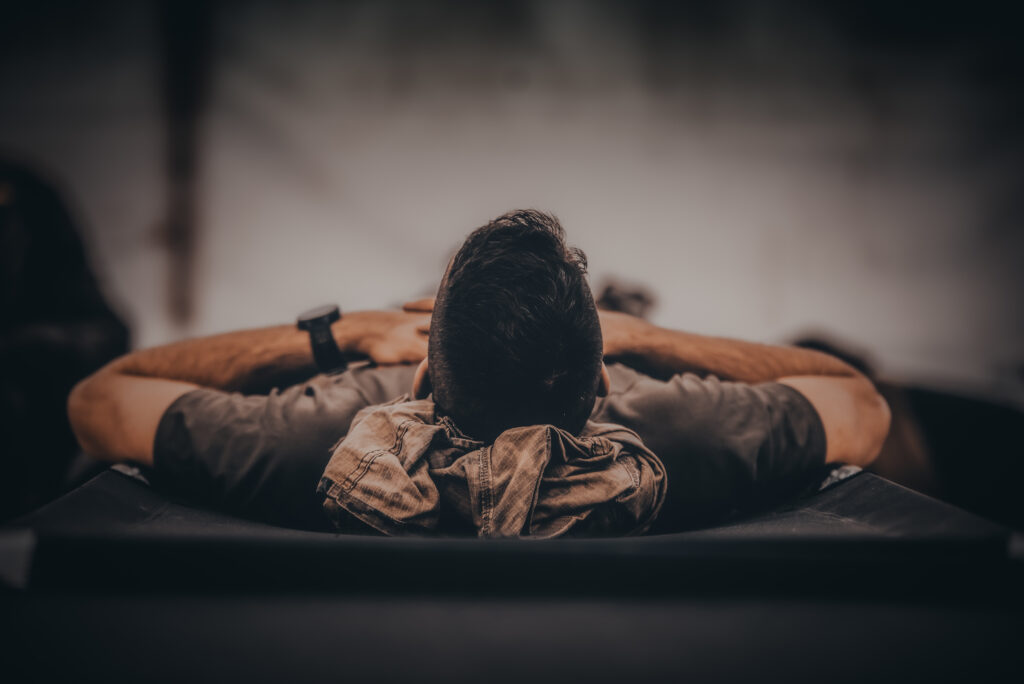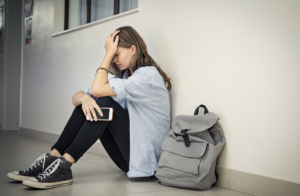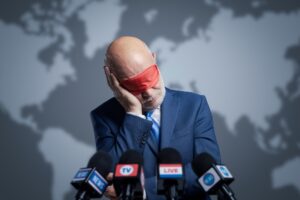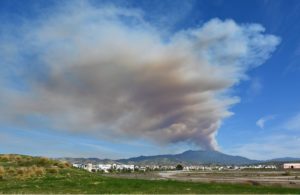Congressional Watchdog Says Military Service Members Aren’t Getting Enough Sleep

It’s a well known and widely cited fact that lack of sleep can be detrimental to your health and increase the risk of job site accidents. But what’s at stake when employees don’t get enough sleep and their workplace is the U.S. military?
A recent report from the nonpartisan congressional watchdog Government Accountability Office questions whether the Department of Defense is doing enough to support military service members when it comes to getting adequate sleep.
The GAO performed a wide-reaching audit between 2022 and 2024 that surveyed service members’ sleep habits, the factors that contribute to their fatigue, and current mitigation strategies. The watchdog agency found that while the Department of Defense has created fatigue management recommendations, the DOD hasn’t taken adequate steps to implement those guidelines.
A 2021 DOD study on sleep deprivation and readiness found that service members are about twice as likely as civilians to get less than seven hours of sleep per night. Sleep deprivation in the military has contributed to accidents resulting in service member deaths and hundreds of millions of dollars of damage.
Anecdotal accounts by military personnel support these findings. In response to a GAO survey, a remote aircraft pilot reported that they had “slow reaction time” due to lack of sleep, adding that they “almost collided with another aircraft due to mental fatigue.”
Another survey respondent stated: “Sometimes when I’m driving, I find myself falling asleep and I have to catch myself. I could kill someone on accident because I’m not getting the right sleep.”
To prevent these issues, the Defense Department recommends that service members get at least seven hours of sleep per night. Additionally, the DOD created sleep hygiene instructions and fatigue prevention measures following the 2021 study. It includes guidelines stipulating that military units should be allocated two to three nights of scheduled sleep recovery if operational duties preclude adequate sleep for seven or more days.
However, the GAO’s audit found that the DOD lacks an adequate oversight structure to ensure that its sleep guidelines are being followed. The report also cites fragmented communication between branches of the military and a lack of collaboration on addressing the issue of sleep deprivation.

Following its initial findings, the GAO created a set of nine recommendations that give targeted action items to the Department of Defense, Army, Navy, and Air Force. While the recommendations are specific to each entity, the common thread is the assignment of leadership positions responsible for improving service member sleep and mitigating fatigue.
Based on the watchdog agency survey, service members seem to be in general agreement that sleep issues in the military should be systematically addressed. When asked what should be done, a fixed-wing pilot responded, “Stop trying to fix the symptoms and fix the cause.” With the GAO’s report and recommendations, the military has the framework to begin doing just that.
Got a hot tip? Pitch us your story idea, share your expertise with SleepFoundation.org, or let us know about your sleep experiences right here.
References
4 Sources
-
National Center for Chronic Disease Prevention and Health Promotion, Division of Population Health. (n.d.). Sleep: An important health and safety concern at work. Centers for Disease Control and Prevention. Retrieved April 10, 2024, from
https://www.cdc.gov/workplacehealthpromotion/initiatives/resource-center/pdf/WHRC-Brief-Sleep-508.pdf -
U.S. Government Accountability Office. (2024, March 26). Military readiness: Comprehensive approach needed to address service member fatigue and manage related efforts.
https://www.gao.gov/products/gao-24-105917 -
U.S. Department of Defense. (2021, March). Study on effects of sleep deprivation on readiness of members of the armed forces.
https://www.health.mil/Reference-Center/Reports/2021/02/26/Study-on-Effects-of-Sleep-Deprivation-on-Readiness-of-Members-of-the-Armed-Forces-Final-Report -
U.S. Department of Defense. (2022, May 16). Department of Defense instruction: Health promotion and disease prevention.
https://www.esd.whs.mil/Portals/54/Documents/DD/issuances/dodi/101010p.PDF?ver=2018-01-12-113645-193













































































































































